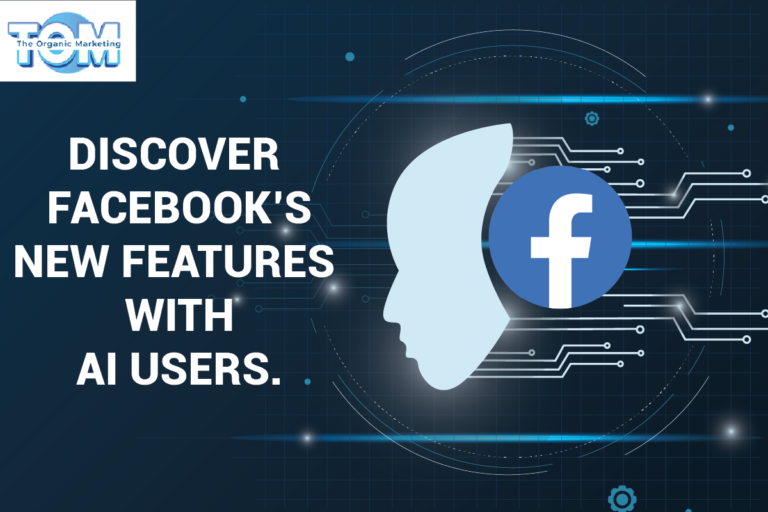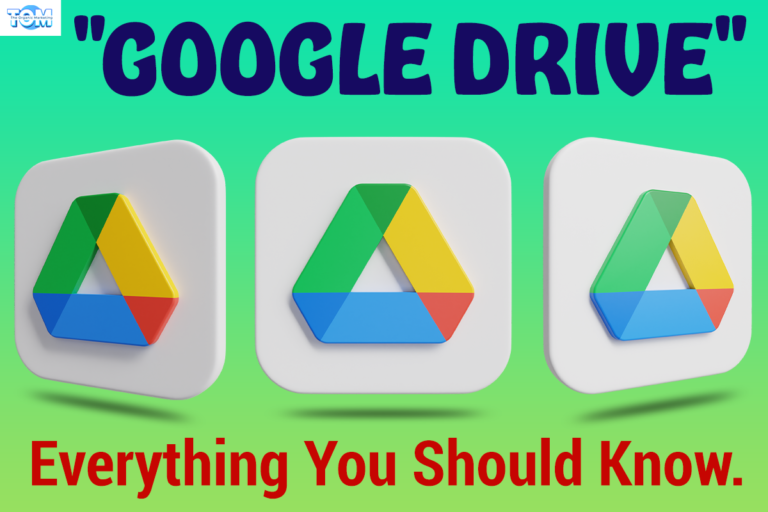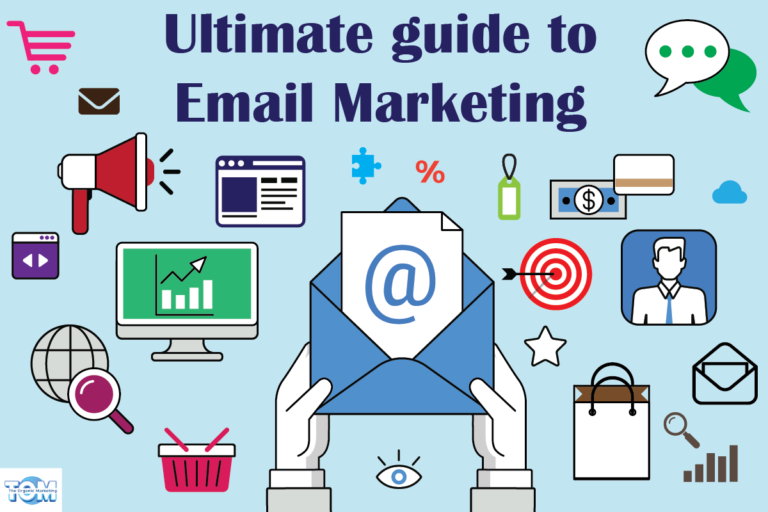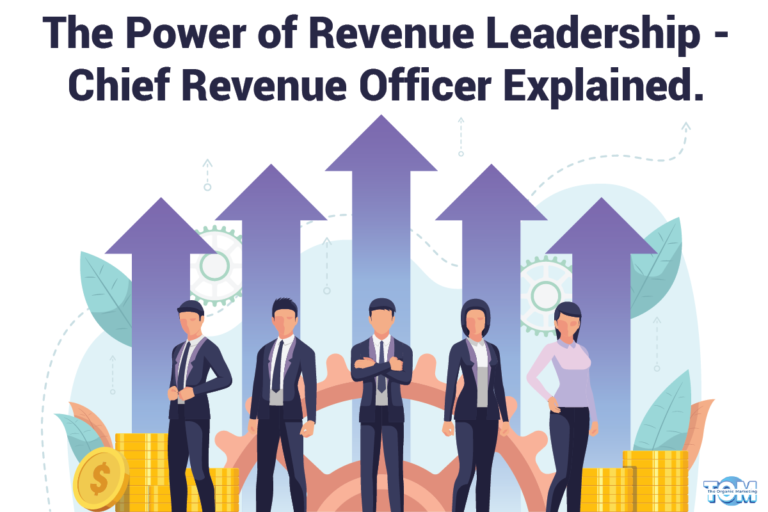Digital Copyright Explained: Protecting Your Creative Works Online
The importance of copyright has never been greater than it is in today’s quicksilver digital world. The bounds of intellectual property have grown more complicated as the internet has developed and grown. For producers, customers, and everyone working in the digital space, understanding copyright is essential. This in-depth tutorial will examine copyright in the digital era, including its definition, significance, rules, advantages of registration, consequences of infringement, difficulties, and the media types covered.
What is Copyright in the Digital World?
In the context of digital media, copyright refers to the legal protection given to authors of original works. Text, music, photos, videos, software, and other mediums are all included in these works. In essence, it gives the author the only authority to make copies, share them, and exhibit their creations. This includes everything in the digital world, from websites and social media to e-books and digital art.
Importance of Copyright in the Digital World
The foundation of creativity and innovation is copyright. By defending their intellectual property, it encourages people and organizations to create creative material. By encouraging the development of fresh concepts and content, this protection eventually benefits society by encouraging artists to devote more time, energy, and resources to their work.
What Are the Types of Media That Get the Protection of Copyright in the Digital World?
- Text: Books, articles, blogs, and other written content.
- Images: Photographs, illustrations, and graphic designs.
- Music: Songs, compositions, and sound recordings.
- Video: Films, animations, and video clips.
- Software: Computer programs and applications.
- Websites: The design, text, and multimedia elements of websites.
- Digital art: Artistic works created digitally, including digital paintings and sculptures.
- Databases: Collections of data or information.
How to Do Copyright Registration?
Copyright registration is a rather simple procedure. Typically, it entails providing a copy of the work together with an application form, payment, and fee. Country-specific requirements could differ, however internet sources and official websites typically offer thorough instructions on the registration process.
- Verify eligibility: Make sure your work is protected by copyright.
- Complete the application: Fill out the copyright registration form provided by your country’s copyright office.
- Pay the fee: Copyright registration generally involves payment of a fee.
- Submit the work: Include a copy of the work you want to copyright.
- Wait for confirmation: The copyright office will process your application, and upon approval, you’ll receive a certificate of registration.
What are the Copyright Laws?
The duration of a creator’s life span plus 50 to 70 years is normally the time frame covered by copyright rules, which vary from nation to country. The ability to reproduce, distribute, exhibit, and develop derivative works is one of these rights. Digital rights management (DRM), online piracy, and the usage of copyrighted content in digital media are all topics that are frequently covered under digital copyright legislation.
What is Copyright Infringement?
Copyright registration is a rather simple procedure. Typically, it entails providing a copy of the work together with an application form, payment, and fee. Country-specific requirements could differ, however internet sources and official websites typically offer thorough instructions on the registration process.
- Online piracy: Sharing or downloading copyrighted movies, music, or software without authorization.
- Plagiarism: Copying and using someone else’s written content without proper attribution.
- Unauthorized use of images: Using copyrighted images in web content or social media without obtaining the necessary permissions.
- Software piracy: Distributing or using cracked or unlicensed software.
- Remixes and mashups: Creating derivative works without obtaining permission or proper licensing for the original content.
Challenges of Copyright in the Digital World
- Ease of copying: Digital content can be easily copied and distributed, making it challenging to prevent unauthorized duplication.
- Global reach: The internet enables content to be shared globally, complicating jurisdiction and enforcement.
- Fair use and transformative works: Determining what constitutes fair use and transformative works in the digital realm can be complex.
- Emerging technologies: New technologies like artificial intelligence and virtual reality raise questions about ownership and copyright.
Benefits of Copyright in the Digital World
- Exclusive Rights: Copyright provides creators with exclusive rights to their original works. This means they have the sole authority to reproduce, distribute, perform, and display their creations. It prohibits people from stealing their ideas without their consent.
- Monetary Gain: Copyright allows creators to monetize their work. They can license or sell their creations, generate income through royalties, or use their copyrighted content to attract sponsors and advertisers, leading to financial rewards.
- Incentive for Creativity: Copyright acts as an incentive for artists, authors, and creators by ensuring that their efforts are protected. Knowing that their work is safeguarded encourages them to invest time and resources in producing new and innovative content.
- Control and Integrity: Creators can maintain control over how their work is used and presented. This control ensures that their creations are not altered, misrepresented, or used in ways that conflict with their artistic or moral values.
- Recognition and Reputation: Copyright ensures that creators receive proper recognition and credit for their work. This recognition can enhance their professional reputation and open doors to new opportunities in their respective fields.
- Legal Alternatives: For creators to protect their rights, copyright offers a legal framework. If someone infringes on their copyright, creators can take legal action to protect their work, potentially seeking damages and injunctions against the infringing party.
Understanding the fundamentals of copyright, its significance, the advantages of registration, and the difficulties it faces in the digital age equips people and companies to operate in the digital environment while respecting the rights of content producers. Digital copyright will surely change as technology progresses, therefore it’s critical to keep aware and adjust to any new possibilities and problems in the digital world of invention and innovation.
For more details on copyright and its procedure, get in touch with The Organic Marketing today!






